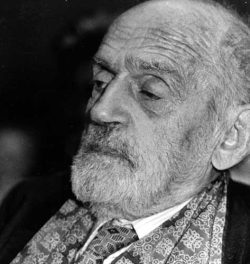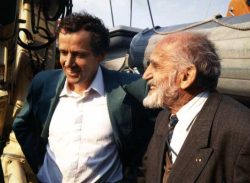Théodore Monod (1902-2000)
A famous scientist specialised in different fields, Théodore Monod is best known to most people for his numerous treks through the Sahara desert. He was a man of faith in the reformed church, he took part in multi-religion meetings and protested for the respect of life.
The scientist
Théodore Monod was born in Rouen in 1902, the son of Wilfried and Dorina Monod. In 1909 Wilfried was appointed pastor at the Oratoire temple, and the family settled in Paris.
Théodore went to school at the Ecole Alsacienne (a private primary and secondary protestant school), and then studied sciences. He got his bachelor’s and master’s degrees and became an assistant at the Museum of Natural History in Paris, in the Ichtiology department (research on fish) in 1921. He was then often assigned to work in the desert, mostly in Mauritania. During his carrier he carried out high quality research and made discoveries that won him worldwide fame.
The man of God
Science did not stop Theodore Monod’s spiritual quest. He valued his father’s theology, and as a young man he was one of the founders of a protestant Third Order of people who pray, called les Veilleurs (the watchers). For them he wrote a book of prayers in 1925. Between 1921 and 1997 during his treks in the desert, silence and contemplation broadened his understanding of the Bible, in which he sought a constantly renewed revival.
In 1930 Théodore Monod married Olga Pickova and they had three children.
Théodore’s travels as well as his sedentary work – in Dakar as director of the Institut Français d’Afrique Noire (French Institute in Black Africa) from 1938 to 1965, or in Paris where he was an elected member at the Académie des Sciences in 1963 – gave him the opportunity to develop epistolary relations with other seekers of God, be they Muslims or Christians, notably Amadou Hampaté Bâ, Louis Massignon or Father Teilhard de Chardin.
The pacific militant
When he came back to Paris he started his “civil struggle” against violence and nuclear weapons through fasting and the Veilleurs movement, etc.
Théodore Monod never stopped advocating man’s responsibility and tried to live according to his faith, deeply respecting and loving every form of life.
Bibliography
- Books
- MONOD Thédore, Méharées, Je sers, Paris, 1937
- MONOD Thédore, Révérence à la vie, Grasset, Paris, 1999
- VRAY Nicole, Monsieur Monod, une vie spirituelle, Acte Sud, Arles, 2004
- VRAY Nicole, Monsieur Monod. Scientifique, voyageur et protestant, Acte Sud, Arles, 1994
Associated notes
-

Charles Gide (1847-1932)
Charles Gide was a theorist of social economy and a leading figure in the French economic cooperative movement and Christian socialism. A spirit of solidarity pervades all his work. -
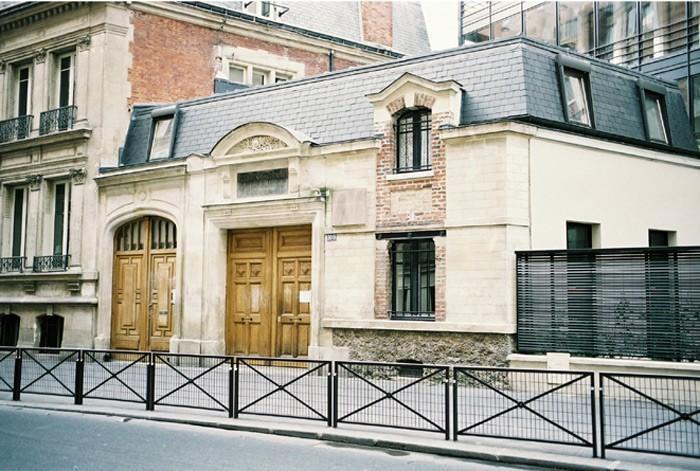
The Alsatian School
After the defeat in Sedan, a number of Protestants thought of opening up a teaching establishment that the children born in French-speaking Alsatian families but who had retreated to the... -
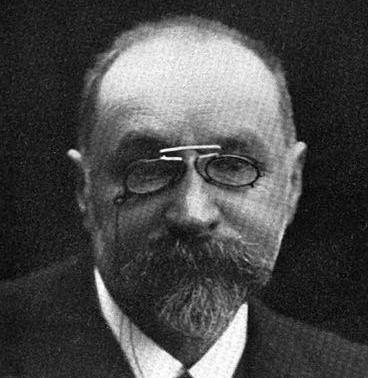
Charles Seignobos (1854-1942)
Charles Seignobos, a protestant, and a leading figure of the French school of history. He was known for his scientific precision and neutrality in matters of religion. -
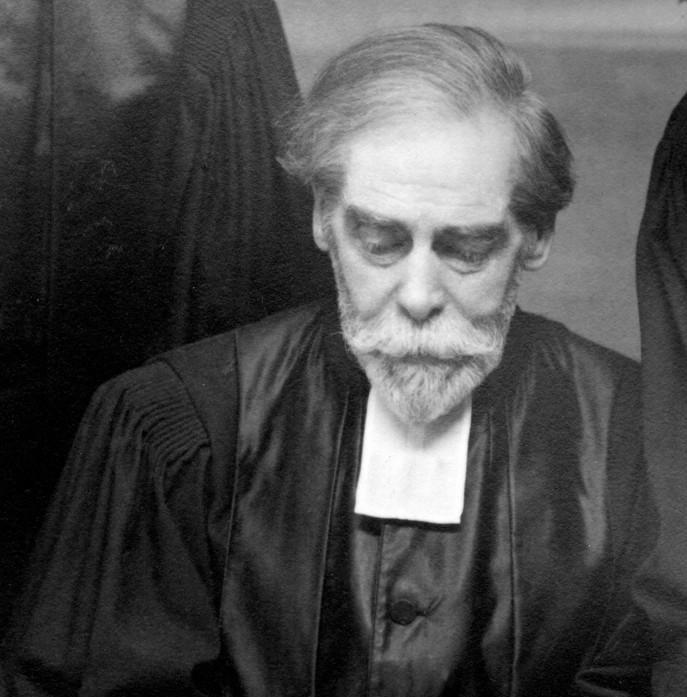
Wilfred Monod (1867-1943)
-
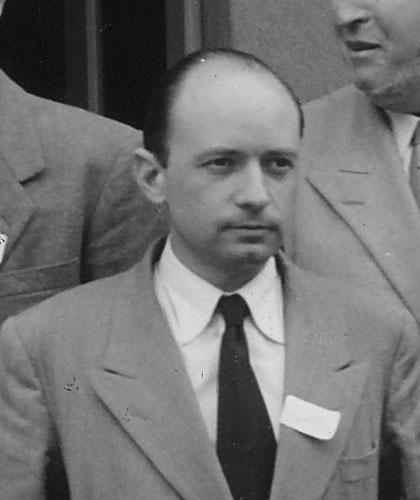
Jacques Ellul (1912-1994)
Jacques Ellul was a protestant academic from Bordeaux with a deep faith who sought to destroy conformity in all its aspects. He achieved notoriety through the many articles he had... -

Charles Scheer (1871-1936)
The life of this Reformed pastor from Mulhouse was marked by his political commitment as a Francophile and by his role in the ecumenical movement. -
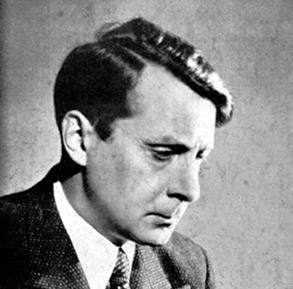
Charles Munch (1891-1968)
Charles Munch was a great French conductor.

